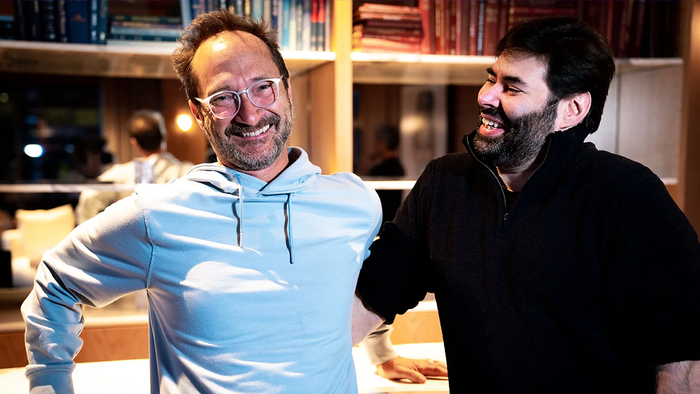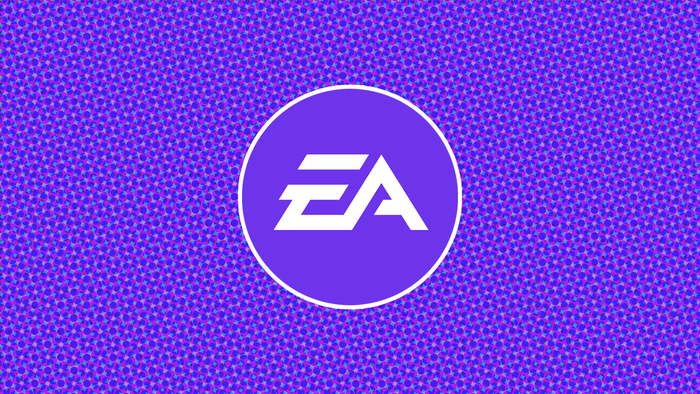
Featured Blog | This community-written post highlights the best of what the game industry has to offer. Read more like it on the Game Developer Blogs.
5 Tips for the Global Game Jam
This weekend, developers from nearly 80 countries will gather to create over 5000 games in 48 hours at Global Game Jam. Here are some lessons I've learned from being a mentor for the past four years, to help you get around the most common pitfalls.

This weekend, developers from nearly 80 countries will gather to create over 5000 games in 48 hours at Global Game Jam.
During the past four years, I've served as a judge at various locations. Each year, I see teams running into the same problems, causing them to miss their objectives. So here are some tips to help you get around those blockers, shine during your demo and help you deliver an awesome game.
Aim Low
Game Jams are all about taking 48 hours to create a whacky, silly game idea. But most of the time, the only thing that people will see of your game is the demo at the end. One of the most underwhelming and common feelings I've seen at Game James is to see people who have worked on something for 48 hours fail to deliver a working demo.
There's only so much you can do in 48 hours. Aim low. Focus on using technology and tools you know. Many people want to try out some funky idea that they don't get to do in their every day life, but make sure you don't throw (too many) unknowns in there. Stick to tools and libraries you know. Don't over commit.
This doesn't mean you should take the easy route and make a me-too idea. Think about what's needed for a good demo of your game, and build that. It's ok if you want to build a crazy procedural level generator for your game, but if that's going to block you from shipping something that people can play at the end of the weekend, you might want to scope it down.
The best teams often have a simple prototype working on the first night. This leaves them enough time to polish the game, playtest it and rehearse a good demo to really let their game shine.
Don't Ignore Project Management
Most teams ignore project management. They feel like having fun on the weekend, so planning feels too serious and overkill. Those who dislike planning prefer jumping into the code and request work as they go.
But without a list of deliverables, it's really difficult to plan everything that will be needed in the next 48 hours. You won't have a clear cut off point, or a good sense of how much content you can deliver. Your team won't have a clear idea of what needs to be built.
Set a clear, detailed objective. Don't under estimate your need to sleep either. Since the kick off is on Friday evening, people tend to be surprised when midnight hits and they're still unclear on their project's needs.
Another problem is that without planning, some team members won't know how to add value right from the start. They'd start drawing characters, modeling environments and such, only to find out later that the programmer needed something in a different resolution. If you spend one hour planning ahead, your entire team can start working. Another upside is that this will help identify which team members might have some free time, so maybe they can help find sound effects, QA the game or help plan the demo.
Everyone in the Same Room
One challenge with piecing a team of random people together is that you're bound to have people of varying levels of experience and different styles of communication. It's important to identify this early.
Many disagreements come from ineffective communication. In some cases, teams scatter across different rooms, some even work partly from home. In practice, this means that whenever you run into a blocker, no one can help you. Make sure everyone knows what is being worked on and why.
Sometimes, this can result in bad dynamics, and as team members fail to collaborate, people make snarky comments, shoot down ideas, or don't listen; a lot of time can be wasted because of this. You're there to have fun, so make sure you work on communicating well with each other so you can deliver the best game!
Go With "Good Enough"
A lot of people find it difficult to deliver something just "good enough." It's difficult to pull the plug on a feature when you know it's not quite perfect. Make sure you set a goal in terms of quality. Is your art really worth having this many frames? Is anyone going to see this nice shader?
One type of decision that seems to be especially problematic is group decisions: finding the right name for your team, your project, what kind of characters should be in there. Focus on getting things done. If something unexpected happens, don't just try to fix it for hours, talk to your team. Don't get stuck.
It's All About the Demo
Last but not least, make a good demo. After all, it's often the only thing that others will see of your project. Make sure you playtest it before you ship. Plan your presentation, what features you're going to show, how you're going to do this. Make sure you rehearse things. Do your demo from a computer you've played the game on before! Make sure the sound works.
Good luck and enjoy the jam!
Read more about:
Featured BlogsAbout the Author(s)
You May Also Like













